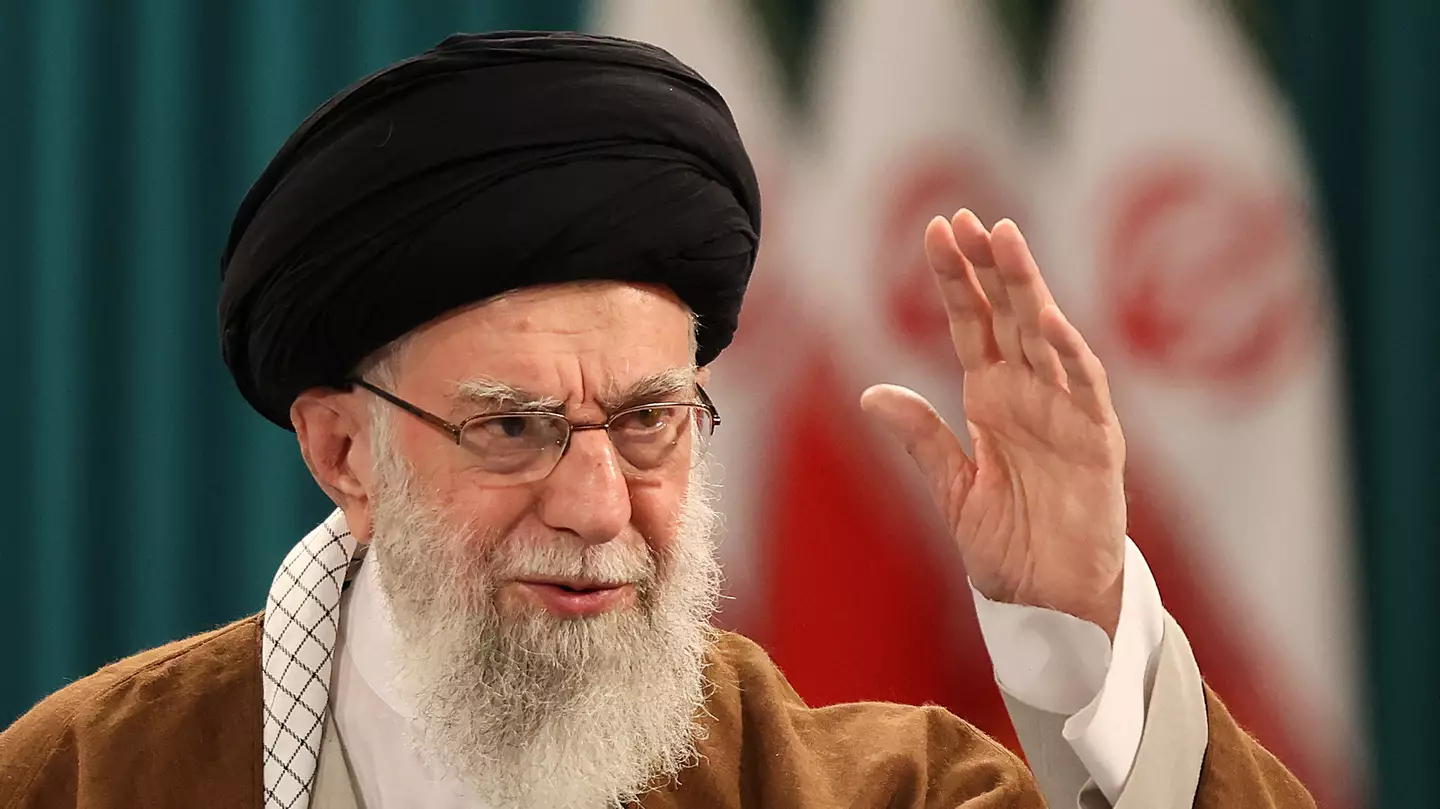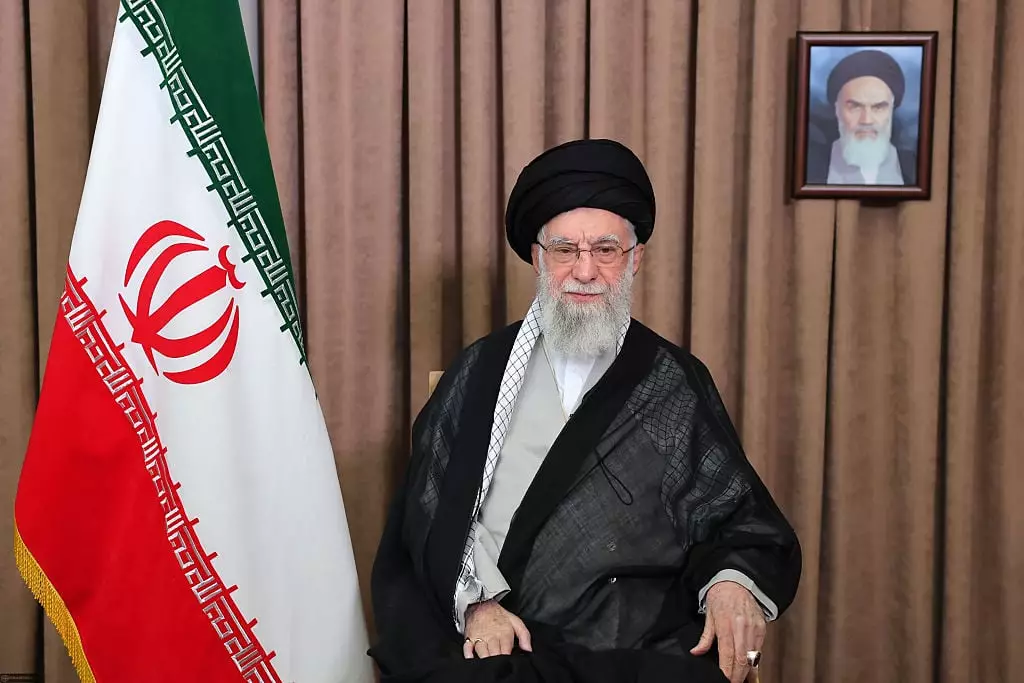
A counter-terrorism expert has shared his expertise on a number of issues after United States President Donald Trump ordered direct strikes that he said 'obliterated' key nuclear facilities across Iran on Saturday (21 June).
Iran remains the biggest adversary of the US in the region since the 1979 Islamic revolution, when Ayatollah Ruhollah Khomeini toppled pro-Western leader Mohammad Reza Pahlavi.
Since then, the two nations have fought over a number of different issues including Iran’s nuclear ambitions and backing of proxies in the region, as well as US political interference in the Middle East.
Last week, Israel, which has long considered Iran a threat, launched unprecedented strikes across Iran after accusing the nation of developing nuclear weapons - claims which have not been backed by any credible proof.
Advert
However, Trump nonetheless dragged the US into the war after striking three nuclear sites in Iran, which he announced on social media (via the BBC).
And now, following tensions reaching a peak over the weekend, Will Geddes, a counterterrorism and security expert, has weighed in on the ongoing conflict.

He has previously shared with Tyla his response after Russian leader Vladimir Putin made a concerning vow about Trump’s bombing of Iran as well as addressing the possibility of World War III following the 79-year-old's actions.
Geddes has since shared his thoughts on whether Iran could do damage to the UK.
"We've been subjected to a significant threat in the UK, but the main question that needs to be asked is, 'What will be the trigger event?'. It's about what would constitute as justification for retaliation," he said.
Geddes continued: "The hugely increased terror threat in the US will, I believe, be why Keir Starmer hasn't yet made a statement. He doesn't want to be lumped in with a potential retaliation, he doesn't want to be seen as a collaborator. Intelligence agencies will have told him to keep his trap shut."
Before the US targeted three Iranian nuclear facilities - Natanz, Isfahan and Fordo - anti-nuclear campaigners had called Israel’s initial airstrikes 'illegal and unjust'.
Since 2021, there has been suspicions that Israel is the only country in the Middle East that has nuclear bombs - something which Susi Snyder of the International Campaign to Abolish Nuclear Weapons told RTÉ News.

She went on to further claim that Iran 'was not posing an existential threat to Israel, and that is just a false narrative that Israel is portraying right now in order to justify what is honestly an illegal action'.
Meanwhile, Professor Nick Ritchie, an expert on on international security and nuclear proliferation at the University of York, told Sky News that there was 'very little detailed information about it', however, he adds: "There's no debating whether Israel has nuclear weapons and a nuclear weapons programme. Everybody knows it does."
The International Atomic Energy Agency, the UN’s nuclear watchdog, has estimated that today, as many as 30 nations have nuclear capability.
However, only nine have nuclear weapons.
As per the Federation of American Scientists (2025), the full list includes:
- Russia: 5,449
- United States: 5,277
- China: 600
- France: 290
- United Kingdom: 225
- India: 180
- Pakistan: 170
- Israel: 90
- North Korea: 50
Topics: Donald Trump, Iran, News, Tyla Exclusive, UK News, US News, World News, Politics, Keir Starmer